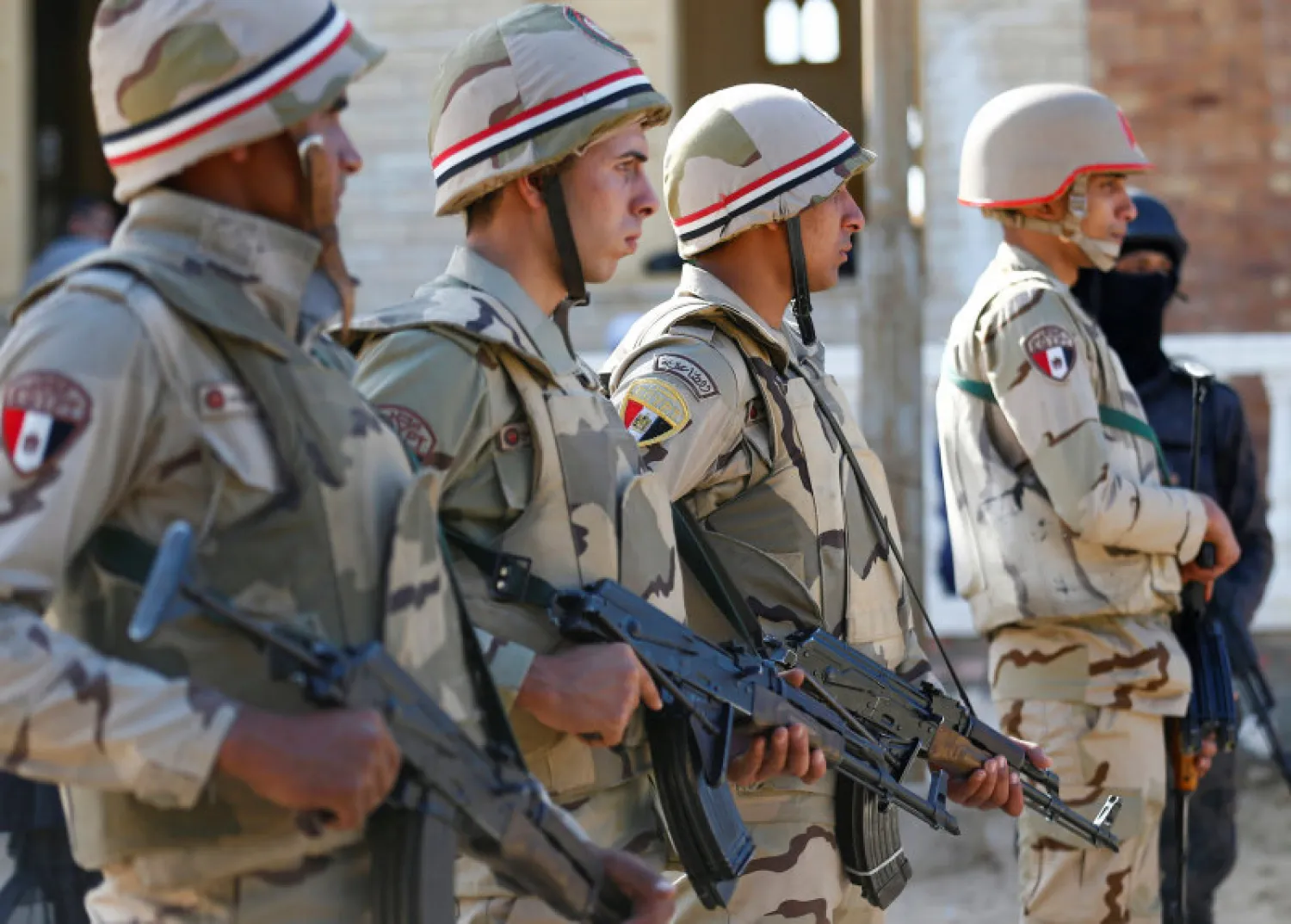Egypt's judicial authorities issued sentences Tuesday against 11 members of the Muslim Brotherhood group, which Cairo considers a terrorist organization.
Meanwhile, an Egyptian court accused 170 ISIS elements of photographing an air base and targeting vital installations in the case known as "filming the Belbeis airbase."
The court decided to set the hearing on June 12 to issue the verdicts.
The incident included killing the deputy of Faisal police station in Suez, placing an explosive device near a cinema in Suez, targeting army vehicles, the gas line at the Suez Petroleum Company and a ship in the canal, monitoring 101 battalion north Sinai, Security points along the Ismailia canal, monitoring security checkpoints and some members of the force of the center of Abshoy in Fayoum and burning the vehicle of an officer in Atfih.
The indictment added that the terrorist elements have also received by illegal means one of the country’s defense secrets by taking photos, using a mobile phone, for Belbeis air base in preparation for targeting it.
In February, Egypt’s security forces launched an all-out offensive against militants, deploying tens of thousands of troops and police backed by fighter-jets, helicopter gunships, navy vessels and tanks in Sinai and in the Western Desert.
At the end of November, President Abdel Fattah el-Sisi gave orders for the army and police to "use all the force to root out terrorism"
Egypt has been battling ISIS elements for years, but the insurgency gathered steam and grew deadlier after the 2013 ouster by the military, then led by Sisi, of Mohammed Morsi. Morsi was Egypt’s first freely elected leader whose one year in office proved divisive.









